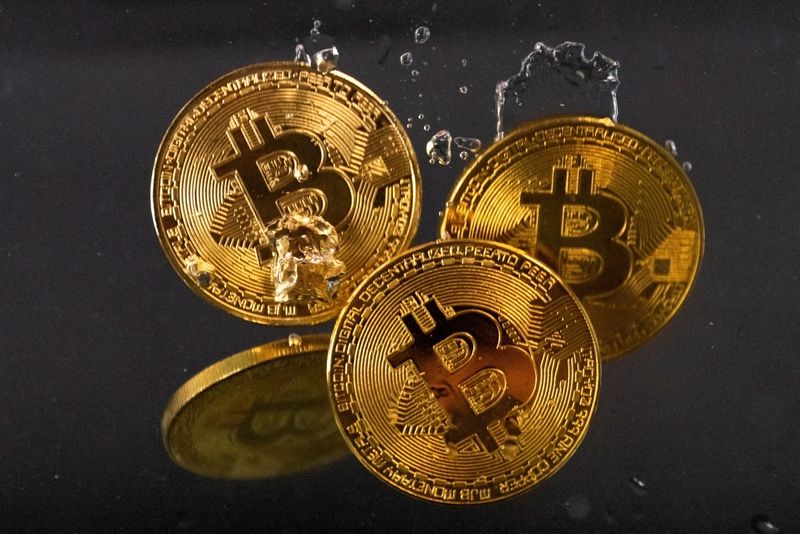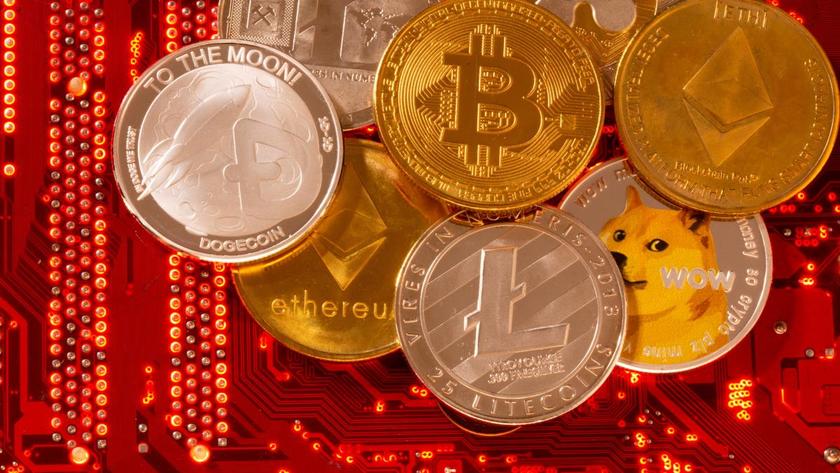Crypto exchange Bittrex files for bankruptcy after SEC complaint
Three weeks after being charged with running an unauthorized securities exchange by the U.S. Securities and Exchange Commission (SEC), cryptocurrency trading platform Bittrex Inc applied for bankruptcy exemption on Monday.
Bittrex which is based in Seattle stopped operating in the United States on April 30 while stating that Bittrex Global, which services clients outside of the United States, would not be impacted by the bankruptcy case. The non-American operations of the business are headquartered in Liechtenstein.

Based on a bankruptcy filing submitted in a Wilmington, Delaware court, Bittrex’s financial assets, and debts were in the range of 500 million USD to 1 billion USD.
Also Read: Qualcomm to acquire Israeli auto-chip maker Autotalks
According to Bittrex, U.S. users who hadn’t withdrawn money before April 30 still have crypto assets in their possession.
The assets in question are safe & secure, according to Bittrex, which also stated that it planned to seek the bankruptcy court seeking a brief reopening of account holders so that the cryptocurrency may be returned to customers.
Over the past twelve months, several businesses in the cryptocurrency sector have filed for bankruptcy. These failures were caused by a decline in asset prices, increased regulatory attention, and, in the scenario of the once-famous exchange FTX, criminal allegations.
the SEC filed a lawsuit against Bittrex, On April 17, saying that, William Shihara, its previous chief executive officer, had urged cryptocurrency asset issuers looking to list their tokens on the exchange’s website to take down any public declarations that would prompt regulators to look into the token sales as securities.
The cryptocurrency assets on Bittrex’s website weren’t securities or investment agreements, according to Bittrex, which has refuted the SEC’s accusations.
Although the SEC’s action is continuing, Bittrex has previously consented to pay the U.S. Treasury an amount equal to $29 million in penalties for apparent breaches of the country-specific regulations and the money laundering prevention law.
The Bureau of Foreign Asset Control under the Treasury Department was cited as Bittrex’s biggest unsecured creditor in its plea, owing the organization more than 24 million, USD.
Also Read: Google Rolls Out Passkeys to (Eventually) Kill Passwords
The majority of Bittrex’s other biggest creditors were cryptocurrency exchange users. Without mentioning them by name, Bittrex highlighted 16 users who have at least one million dollars in their respective accounts. As per the petition, the biggest existing Bittrex client account has assets at 14.6 million USD.
“The market downturn triggered by multiple failures in the crypto ecosystem became an outright collapse by the end of the year. These events have caused us to reset our strategy,” Bittrex co-founder Richie Lai told employees in an internal email leaked on Twitter.
Source: forkast.news

I am a student pursuing my bachelor’s in information technology. I have a interest in writing so, I am working a freelance content writer because I enjoy writing. I also write poetries. I believe in the quote by anne frank “paper has more patience than person







